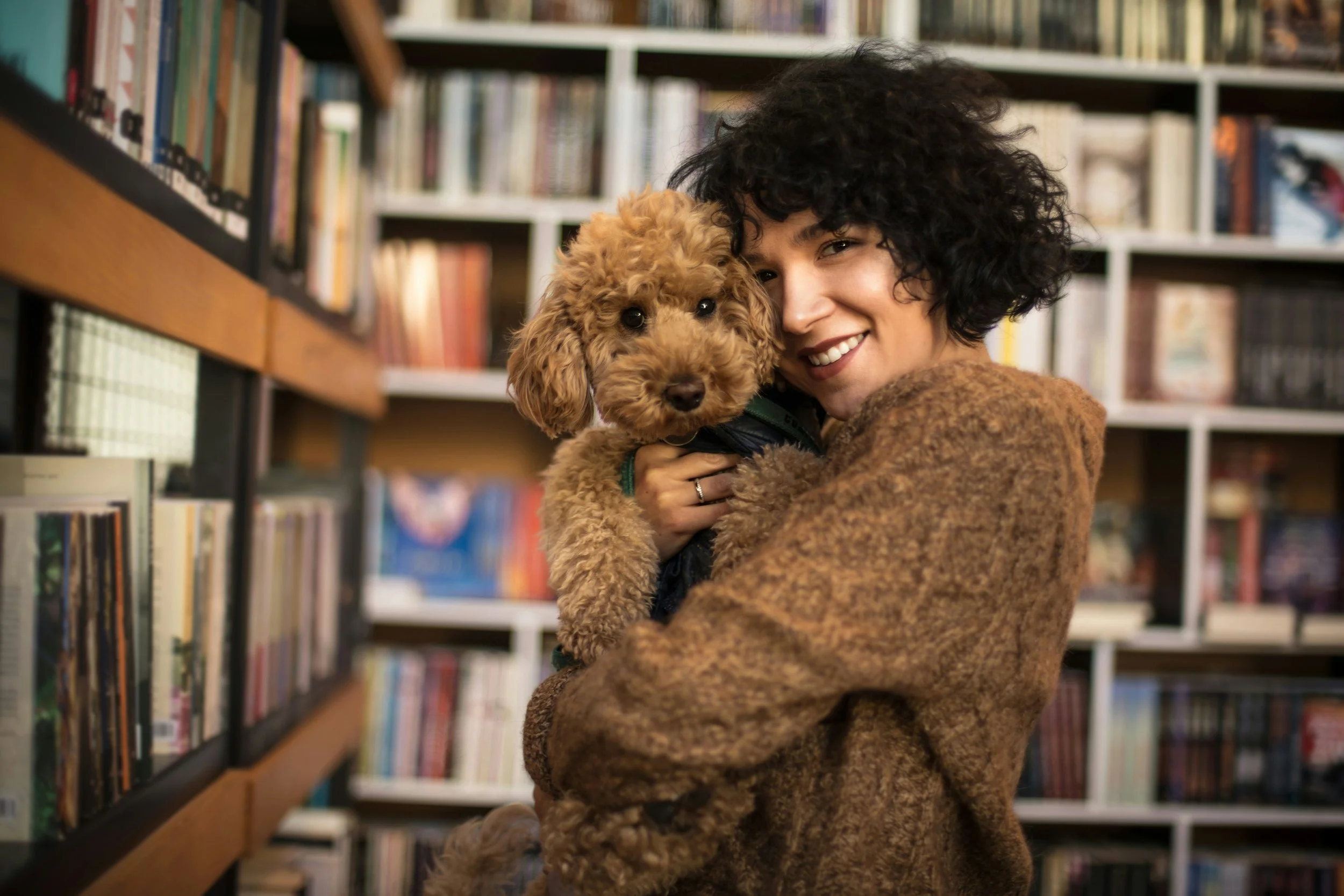Why Science Says We Pick Dogs That Look (and Act) Like Us
It’s not just your imagination—your dog might be your mirror.
You’ve probably noticed it before: the husky guy with the stocky bulldog. The high-energy woman with the bouncy border collie. Or maybe… you looked at your own pup and thought, “Are we kind of twinning right now?”
Turns out, it’s not just a cute coincidence.
Science shows we tend to choose dogs that both look and behave like us.
🔍 The "Like-Me" Bias: We Gravitate Toward Similarity
Humans have a deeply rooted tendency known as the “similarity-attraction effect.” In psychology, this means we’re naturally drawn to people—and pets—that reflect aspects of ourselves.
A 2004 study published in Psychological Science by social psychologist Michael Roy and Nicholas Christenfeld found that people could correctly match dog owners to their dogs based on appearance alone—but only when the dogs were purebred (i.e., their appearance was more predictable).
The conclusion?
“People tend to pick dogs who resemble themselves.” — Roy & Christenfeld, 2004
It’s not about narcissism—it’s about familiarity. We subconsciously see ourselves in others, and that often extends to our furry companions.
🧠 The Psychology of Breed Choice: More Than Skin (or Fur) Deep
Another layer to the puzzle lies in personality matching.
Research in the Journal of Research in Personality (Gosling, Bonnenburg & Potter, 2005) found that dog owners tend to choose breeds whose typical temperaments match their own personality traits.
For example:
Extroverts were more likely to choose social, playful dogs like retrievers or spaniels.
Introverts leaned toward independent, calm breeds like Shiba Inus or greyhounds.
Neurotic individuals often picked smaller, clingier dogs for comfort and companionship.
In short, we don’t just adopt dogs for how they look—we’re drawn to those who feel like us in energy, emotion, and vibe.
🪞 The Self-Projection Theory: Dogs as Extensions of Identity
Choosing a dog is more emotional than logical. It’s a projection of self.
Psychologists call this the self-congruity theory—we’re attracted to pets (and products) that align with our self-image or ideal self.
A confident, athletic person might choose a German shepherd or a husky—breeds that mirror discipline and strength. A gentle, nurturing person might feel drawn to a Cavalier King Charles Spaniel.
And when we care for our dogs, we’re not just caring for them—we’re expressing care for that part of ourselves.
🐾 So... What Does Your Dog Say About You?
Next time you're at the dog park, look around. You'll see owners who look like smaller (or furrier) versions of themselves—and others whose dogs reflect their inner world.
But more than appearance or behavior, what really matters is this:
We choose dogs that feel like home.
Whether that’s in how they move, look, snore, cuddle—or simply love us without condition.
Sources:
Roy, M. M., & Christenfeld, N. J. S. (2004). Do dogs resemble their owners? Psychological Science, 15(5), 361–363.
Gosling, S. D., Bonnenburg, A. V., & Potter, J. (2005). Personality profiles of dog owners and their dogs: Similarities and differences. Journal of Research in Personality, 39(2), 163–187.
Swami, V., et al. (2012). Are people more likely to adopt pets that match their personalities? Anthrozoös, 25(4), 447–456.
